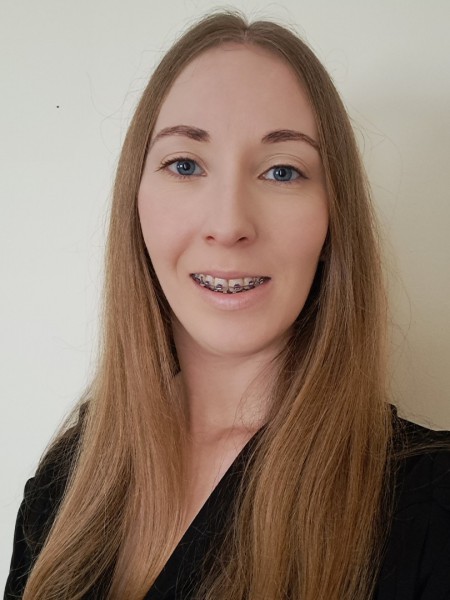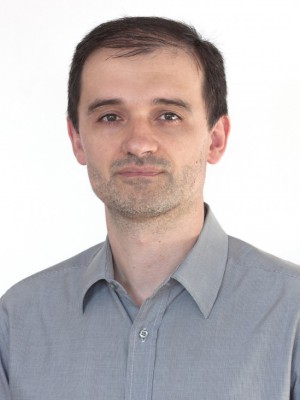abstract
Oligomerization of light olefins allows the production of clean, sulphur-free fuels or fuel additives with reduced aromatics content, and useful chemicals. Commercial heterogeneous catalytic oligomerization technologies were developed to meet market demands in flexible fashions, whereby the operating conditions may be adjusted in favor of the desired product specifications and yields. For achieving superior performances, the development of expeditious evaluation and optimization tools is important, albeit not trivial because light olefins oligomerization involves complex reaction systems and product quality depends on many factors. In this sense, the design of experiments (DoE) and response surface methodology (RSM) are valuable tools, yet unexploited for light olefins oligomerization processes. In this work, DoE/RSM models were developed and validated for the oligomerization of 1-butene - derivable from fossil or renewable sources of organic carbon - over a superior hierarchical zeotype catalyst, under high pressure, continuous flow conditions, targeting clean diesel range products. The models allowed to investigate the individual and cross effects of reaction pressure, temperature and weight hourly space velocity on conversion and yields of specific product fractions. The optimization studies also accounted for product quality features such as, reduced aromatics content; these studies counted with the analytical input of Comprehensive Two-Dimensional Gas Chromatography with Time-of-Flight Mass Spectrometry (GC x GC-ToEMS) for characterizing the products. Importantly, DoE/RSM tools may contemplate not only kinetic data, but also product quality indicators, and help identify most relevant process parameters impacting on the productivity.
keywords
SUPERCRITICAL-FLUID EXTRACTION; FISCHER-TROPSCH OLEFINS; OPERATING-CONDITIONS; ZEOLITE CATALYSTS; DIESEL PRODUCTION; SYNTHETIC FUELS; ZSM-5 ZEOLITES; DESILICATION; CRACKING; DEALUMINATION
subject category
Energy & Fuels; Engineering
authors
Silva, AF; Neves, P; Rocha, SM; Silva, CM; Valente, AA
our authors
Projects
CICECO - Aveiro Institute of Materials (UID/CTM/50011/2019)
Conversao catalitica de olefinas derivadas da biomassa (BiOle_AcidOxCat)
acknowledgements
This work was developed within the scope of the project CICECOAveiro Institute of Materials, FCT Ref. UID/CTM/50011/2019, financed by national funds through the FCT/MCTES, and the project POCI-01-0145-FEDER-030075 co-funded by POCI (Programa Operacional Competitividade e Internacionalizacao), FEDER (Fundo Europeu de Desenvolvimento Regional) and FCT. The University of Aveiro and FCT/MCT are acknowledged for the financial support to the QOPNA research Unit (FCT UID/QUI/00062/2019) through national funds. The FCT and the European Union are acknowledged for a Ph.D. grant to A.F.S. (SFRH/BD/101018/2014) co-funded by MCTES and the European Social Fund through the program POPH of QREN. P. N. thanks to national funds (OE), through FCT, I.P., in the scope of the framework contract foreseen in the numbers 4, 5 and 6 of the article 23, of the Decree-Law 57/2016, of August 29, changed by Law 57/2017, of July 19. The authors wish to thank Saint-Gobain Ceramic Materials AS for generously supplying the SIKA SiC sample.





